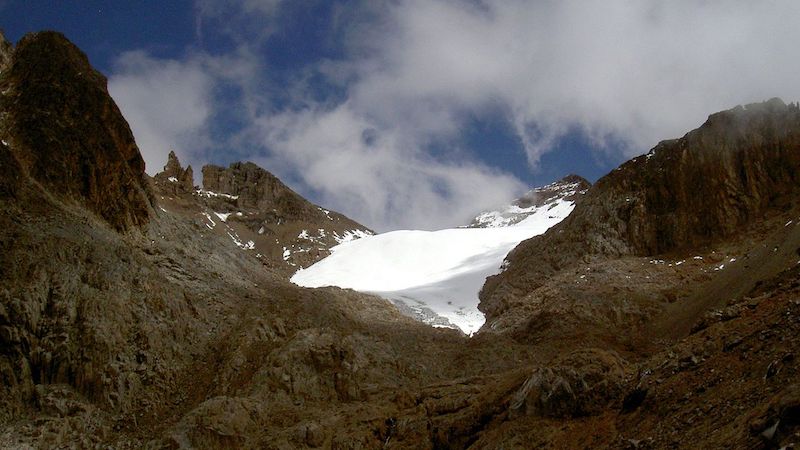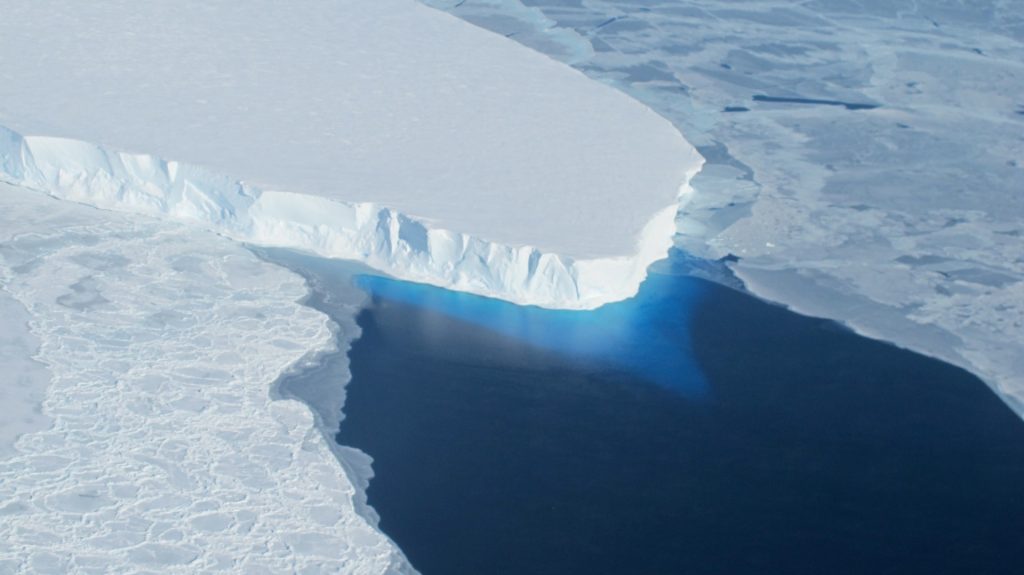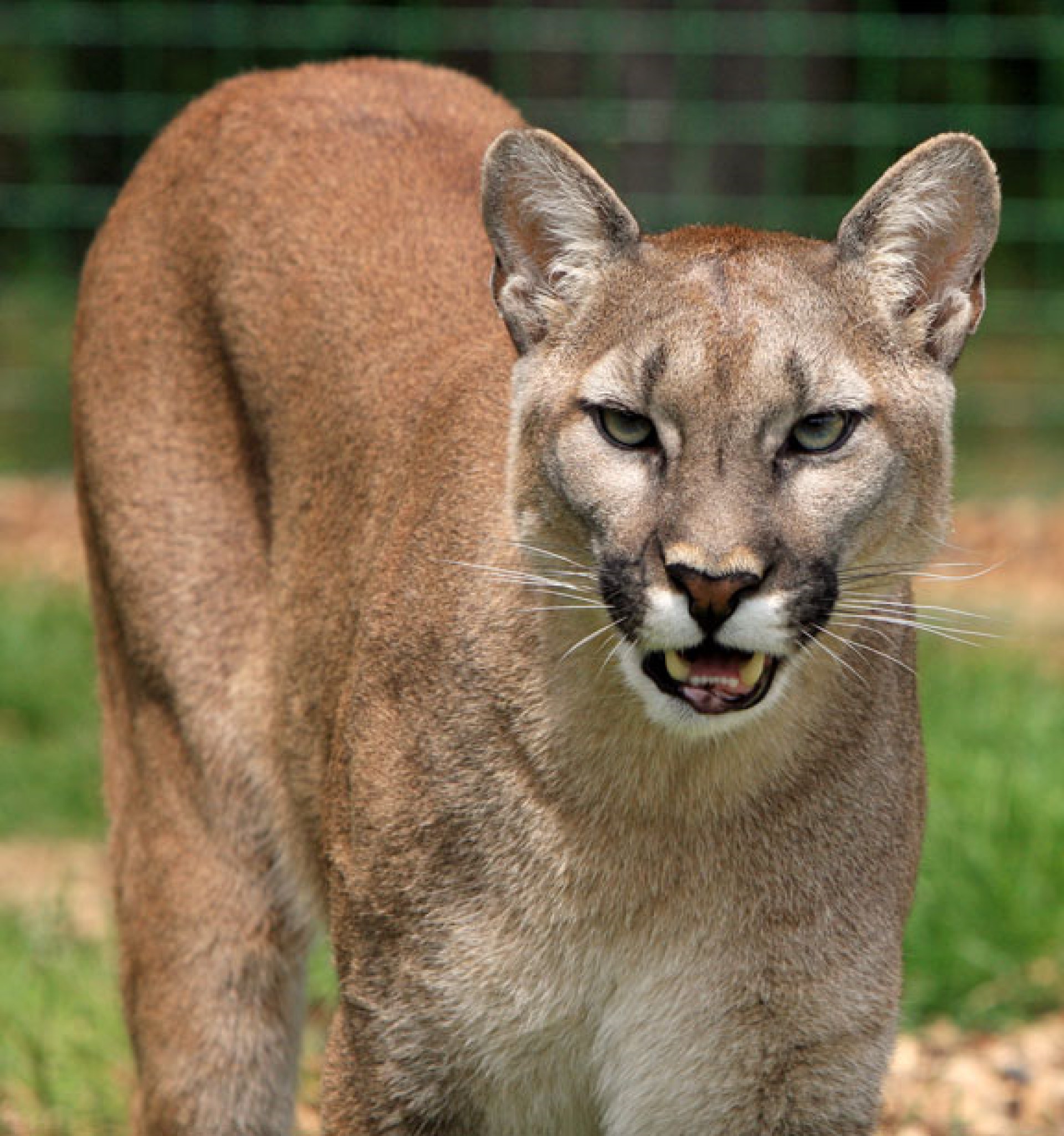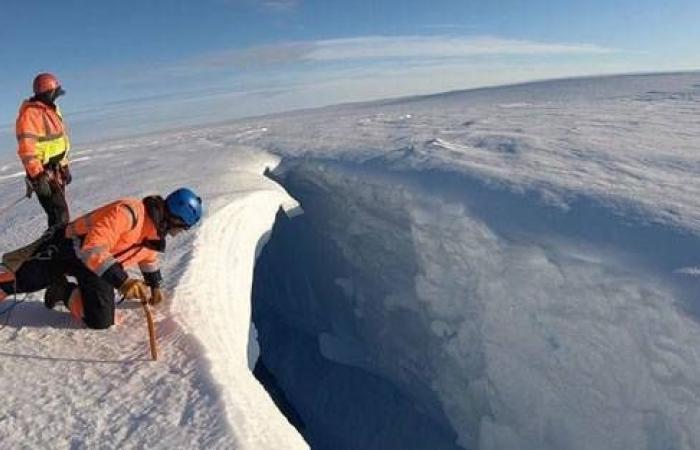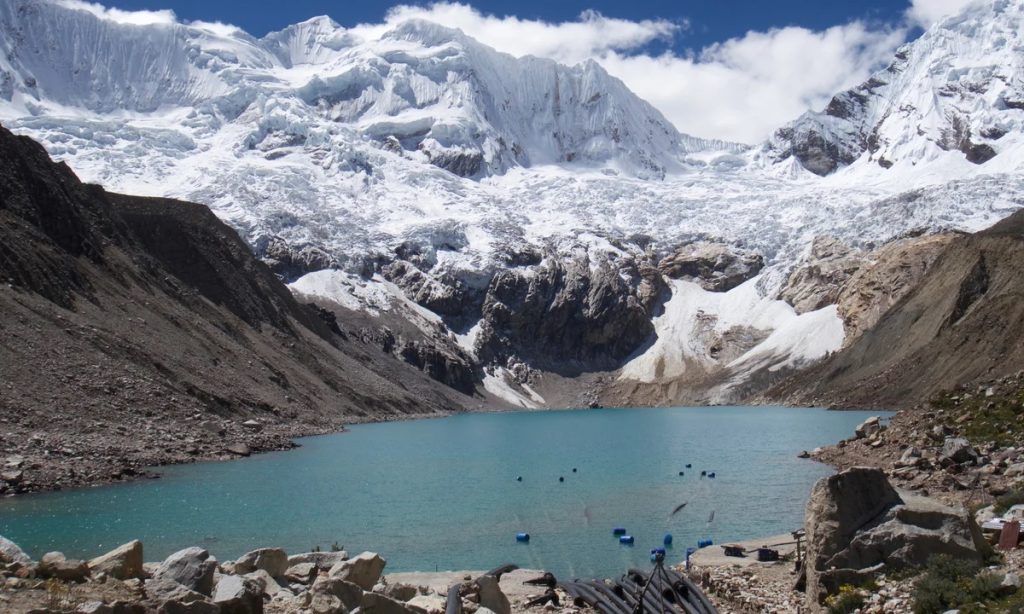
It is estimated that 15 million people live in areas which would be flooded, should glacial lakes collapse. As global warming increases the temperatures in these areas, these glacial lake collapses are only going to get more common.
In 1941, lake Palcacocha (which sits high in the Cordillera Blanca range of the Peruvian Andes) broke its banks. The city of Huaraz lies beneath it, and when it collapsed 10 million cubic meters of water was dropped on the city. Apart from changing the areas geography permanently, at least 1800 people died, and possibly as high as 4500.
We are making the collapse of these glacial lakes more likely as time goes by, by our increasing of carbon in the atmosphere – clearly it is not only low lying settlements which are in danger from climate related flooding.

